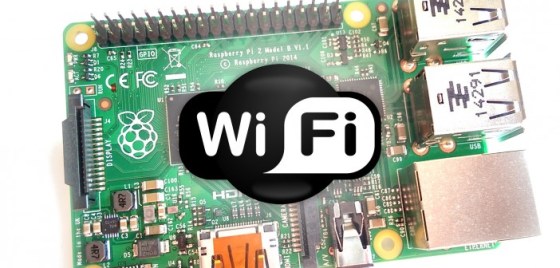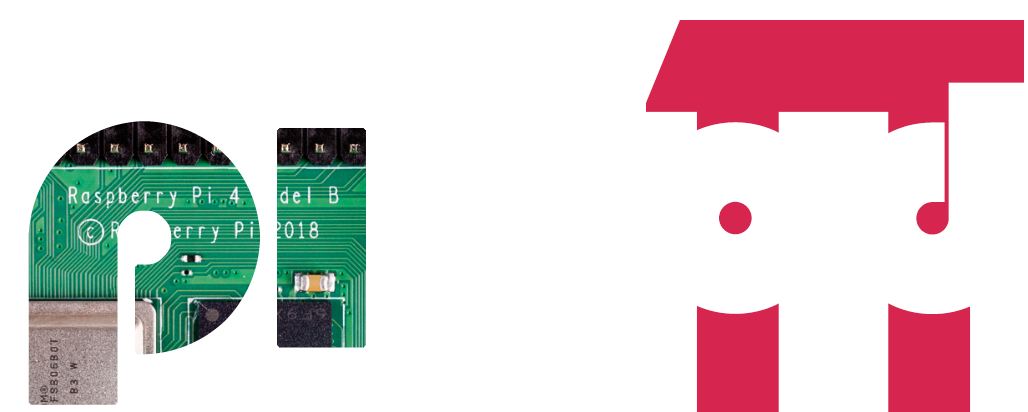On 6th June, we held a Cambridge Raspberry Jam at the Institute of Astronomy in Cambridge. One of our Show and Tell tables was manned by Carl Monk and Albert Hickey. Albert has created a game called ‘Flappy Bird’ using Python & the Pygame library. You control a ‘flying brain’ and try to avoid obstacles placed in your way. The control mechanism is a headset which senses your level of concentration and then moves the brain up and down in response. The headset is wired to an Arduino which sends the readings to a Raspberry Pi. You are literally controlling the game by using your mind! It’s very impressive and extremely cool. Alex Eames of RasPi.TV has made a video in which he interviews Albert, has the project explained to him and then shows a demo play-through of the game. Take a look here.
Portable Raspberry Pi Kinect 3D scanner

Mario Lukas’ girlfriend is an archaeologist. Part of her job is to catalogue relics from digs and Mario deduced that what she could do with is a handheld, portable 3D scanner. So, he decided to build one using a Raspberry Pi 2, a Kinect scanning bar and a PiTFT. He’s used a library called Libfreenect on the software side and is currently at the proof-of-concept stage. You can see a video of the proof-of-concept (you might want to mute the audio – it’s a bit offensive on the ears) and read more here, including a link to instructions to help you compile the library you need.
Sort-of boot the Raspberry Pi from a USB flash drive

Here’s an Instructable from “techno guy” with a misleading title. It teaches you how to set-up the Pi to start up from a USB drive which contains the main operating system image. Granted, you’ll still need the SD card in the Pi to actually ‘boot’ the Pi, but after that it’s all driven from the USB drive. You’ll need a separate Linux machine to manipulate the OS images and suchlike. Read more here.
Teachers get together to learn about coding in class at Coding Evenings
Cat Lamin, who is a Raspberry Pi Certified Educator (and all round nice person), has been holding “Coding Evenings” several times over the last six months in which teachers and experts get together to discuss and learn about coding in the classroom. She has now launched a website: www.codingevening.org to spearhead the initiative. This post explains Coding Evenings and she also posted an update on her blog. This is a great idea, shown by the fact that other teachers have now asked her if they can hold similar evenings in their area. So, if this is something that appeals to you and you’d like to get involved, head over to the Coding Evening website for more information. Cat will be adding to that website as things start to grow, so now is your opportunity to get involved at an early stage.
Addendum: Hannah Mills is organising a Coding Evening on 7th July. You can get tickets here.
Raspberry Pi powered ID photos with this booth

Roo Williams was tasked with improving on a company’s method of taking ID photographs. What he came up with was a Raspberry Pi with a camera module which talked via a Flash web interface to the subject’s mobile phone. He also hooked up some strip lights via a relay board to act as a flash. Read more here.
Disable wi-fi power saving on the Raspberry Pi

Occasionally when using a wi-fi dongle on the Pi, you may find that you lose connection when you’re not actively using the keyboard. This is because the dongle goes into ‘power saving’ mode and disconnects. This is obviously undesirable. Matt over at Raspberry Pi Spy has trawled the Foundation and Adafruit forums and found the solution: change the driver configuration. Read how to do it if you’ve got this problem.


